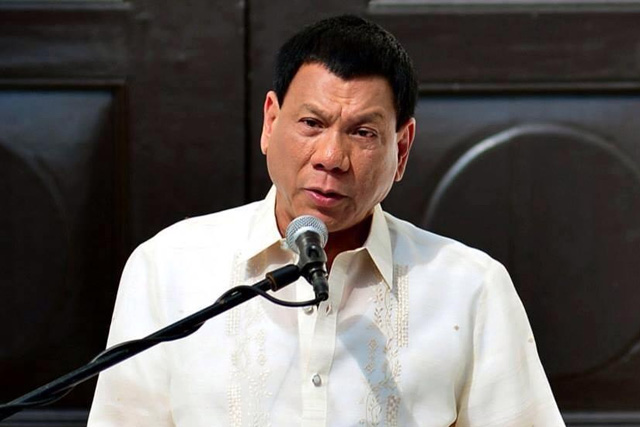We will not abandon Japan – Duterte
The Philippine government has pledged to ease constitutional restrictions on foreign ownership of businesses to allow more investments and generate employment in the country.
However, President Duterte’s economic team refused to relax rules on foreign ownership of lands as they tried to attract Japanese investors to the country during a forum in Tokyo Wednesday morning.
“In the next year, we will be opening the areas for investments that have been administratively limited and this will be done in May of 2017,” Finance Secretary Carlos Dominguez said at the Philippine Economic Forum at the Prince Park Hotel here.
“For the near future, the President has called for a constitutional convention to open up those areas of our economy that are limited by our Constitution, with the exception of land ownership,” he added.
Prior to Dominguez’s remarks, the Japanese business community called for the relaxation of strict constitutional restrictions that curb investments to the Philippines.
“We expect a relaxation on foreign investments currently stipulated by the Constitution,” Teruo Asada, co-chairman of the Japan-Philippines Economic Cooperation Committee, said in his speech.
Asada, chairman of trading house Marubeni Corporation, admitted that such constitutional constraints have been a major obstacle to increasing Japanese investments in the Philippines.
He said they believe in the “strong leadership and executive power” of President Duterte to carry out much needed Charter reforms.
Pending the proposed Charter amendments, Asada assured Japan remains a steady partner of the Philippines in infrastructure development, citing the 240 billion yen railway project between Malolos and Tutuban, among other projects.
Duterte vowed to continue to improve the business climate in the country, from cutting red tape to keeping peace and order, to attract more investors and businesses to set up shop.
He said he would implement policies that would ensure stability in the macro-economic policies, increase competitiveness, improve ease of doing business, increase spending in crucial infrastructure and invest further in the human capital development.
“We are confident that more Japanese businesses will follow and go to the Philippines,” Duterte said.
At present, the 1987 Constitution limits foreign ownership of companies in the Philippines to 40 percent, restricting flow of foreign investments and promoting local businesses from foreign competition.
The President has initially endorsed moves to amend certain economic provisions of the Constitution via constitutional convention but later changed his mind and preferred the cheaper mode constituent assembly.
In the same business forum, the President’s economic managers took turns in trying to convince Japanese businessmen to invest in the Philippines, citing stable economic conditions and skilled Filipino workforce.
First on the podium was Dominguez who assured the businessmen that the Duterte administration has a “pro-business policy” to ensure sustained growth.
He said the economy remains “vibrant” and there is “a lot of headroom for expansion.”
Both the Philippines and Japan are locked in territorial disputes with China in the South China Sea and the East China Asia, respectively.( Genalyn D. Kabiling, mb)



